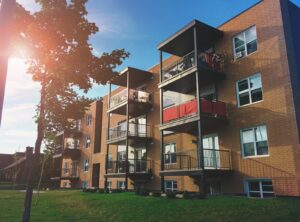
A third of deaths among homeless people are caused by treatable conditions such as tuberculosis and gastric ulcers, a University College London (UCL) study has found.
Academics led by Dr Robert Aldridge analysed nearly 4,000 in-depth medical records for 600 people who died in English hospitals between 2013 and 2016 and who were homeless when they were admitted.
The research also found that homeless people were twice as likely to die of strokes as the poorest people who had proper accommodation and they were also more likely to be affected by heart disease.
A fifth of the 600 deaths were caused by cancer and another fifth died from digestive diseases such as intestinal obstruction or pancreatitis.
Dr Aldridge said: ‘Our research highlights a failure of the health system to care for this vulnerable group in a timely and appropriate manner.
‘We need to identify homeless individuals at risk earlier and develop models of care that enable them to engage with interventions proven to either prevent or improve outcomes for early onset chronic disease.
‘While homelessness is often addressed in England by means of short-term housing related support with a focus on recovery from mental illness and substance misuse, our research points to the need for a much broader focus that is encompassing of physical health and long-term condition management, especially for more common conditions such as cardiovascular disease.’
Last Thursday, New Start published a homeless crisis special newsletter, which included features, interviews and analysis on the issue. Read the articles by clicking the links below.
How the destruction of social housing has exacerbated the homelessness crisis
Could the 216,000 empty homes in the UK be the answer to the homeless crisis?
The hidden homeless problem for Britons returning from prison overseas
Joseph Rowntree Foundation: what action needs to be taken to reduce homelessness in Scotland


















Leave a Reply